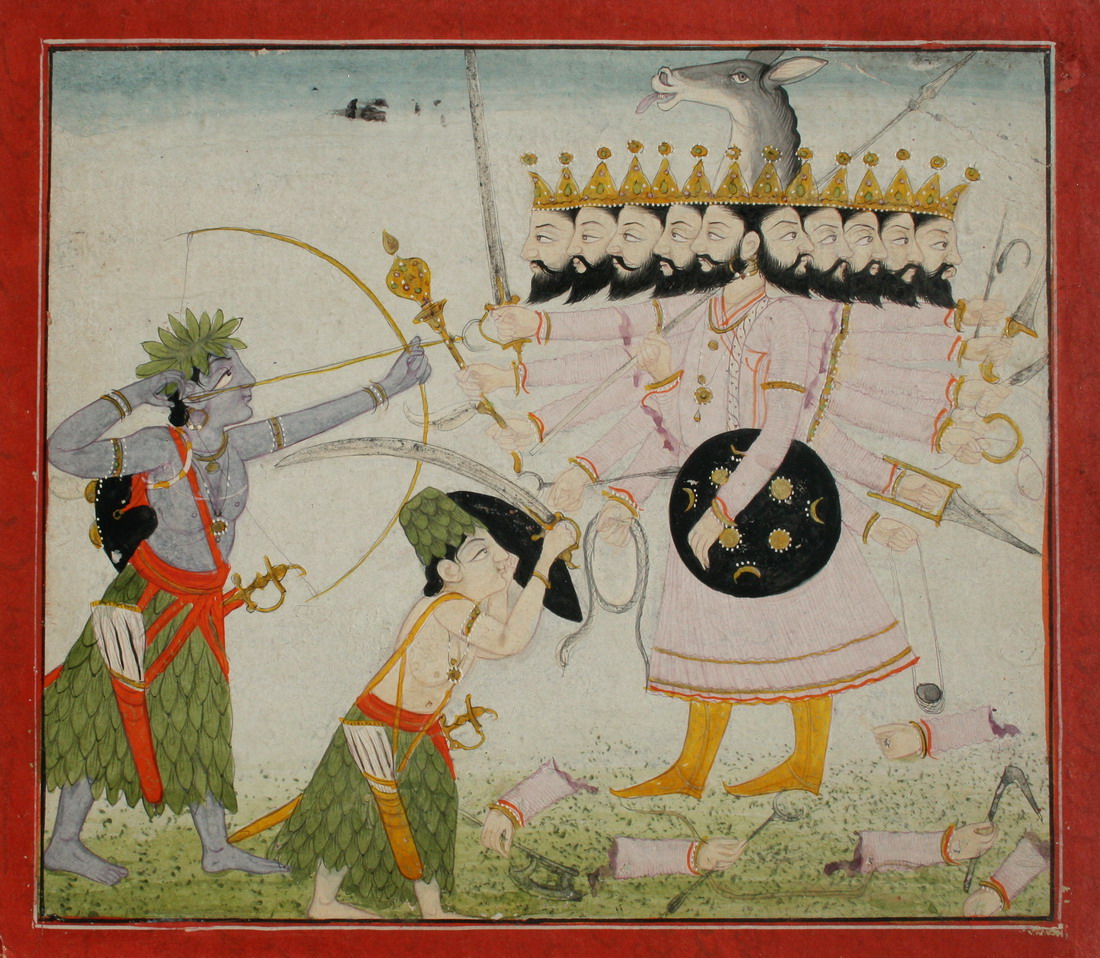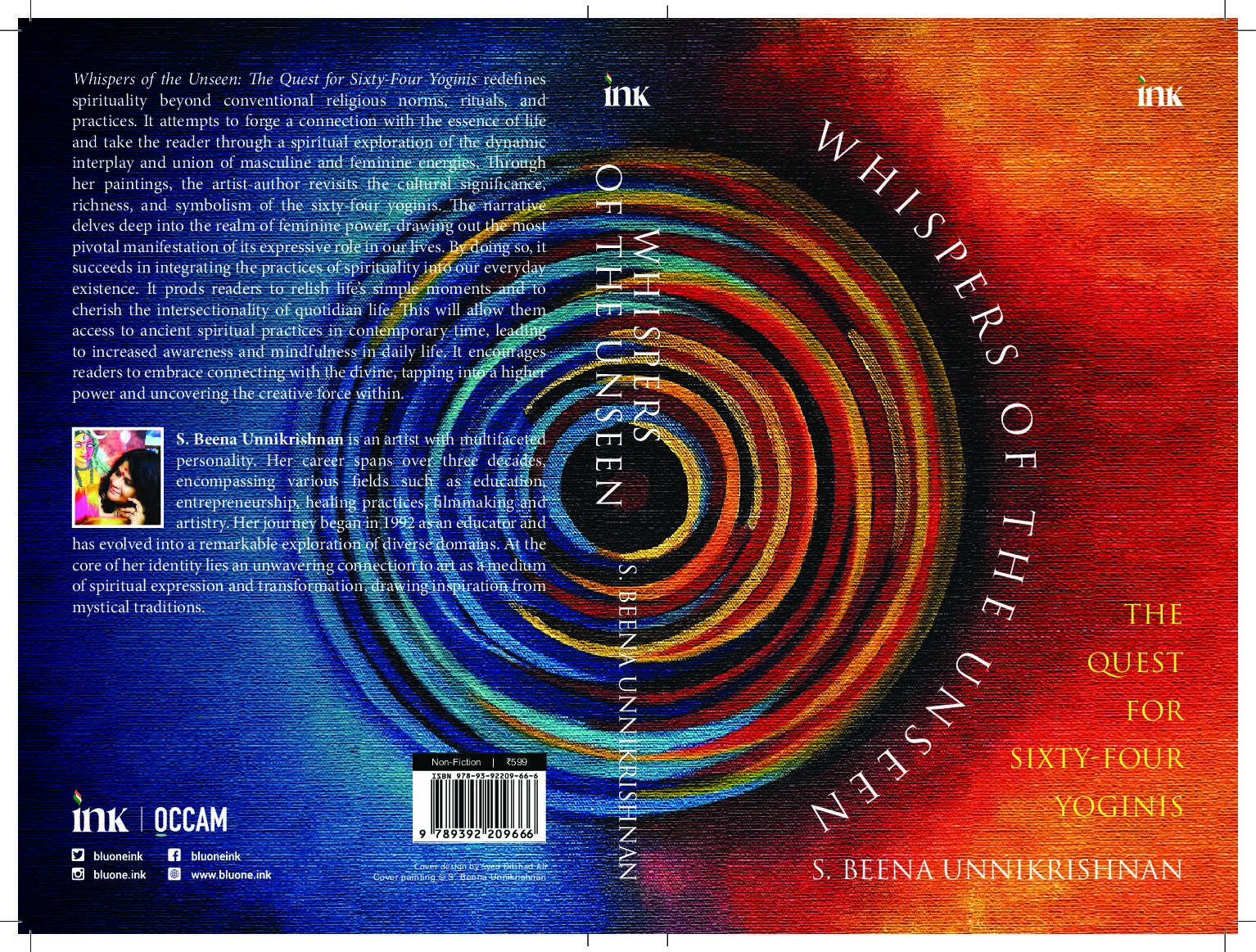Pride must have a fall
Ravi Shanker Kapoor | January 31, 2018 9:34 pm

How much pride can our country absorb or endure? Just look at the enormous ensemble we have today: Rajput pride, Maratha pride, Sikh pride, Jat pride, Hindu pride, Dalit pride, Indian pride, and a zillion other variants. Each of them grows in intensity, virulence actually, by the day. Further, following Gresham’s Law—bad money driving out good money—pride seems to be edging out every noble human emotion and feeling from the horizon.
Pride goeth before a fall. This is not just the biblical wisdom; in India too, great teachers, preachers, and sages have the same thing. In Bhagwad Gita, Lord Krishna has called pride a quality of demonic nature. In Ramcharitmanas, Tulsidas has attributed the fall of Ravana to, among other vices, pride. The Buddha also admonished mankind against the pitfalls of pride. There are a myriad of adages, quotes, aphorisms, stories, etc., enlightening us about the dangers of pride. So, why is it that a universally denounced feeling is lauded in India?
A point has to be made here: people still believe everything traditionally said about pride to be true when it comes to individuals. We still admire men and women who remain humble after becoming successful; and we disapprove of those who become arrogant and pompous after having achieved something important. However, by some curious inversion of ethical syllogism, what is condemnable in a person—becoming haughty after success—is laudable in a community or collectivity. So, a Rajput proud of his good looks, wealth, rank, or intelligence will be frowned upon but not if he advertises his pride in his community. There is something very odd here.
A question nobody has asked is: how justifiable and legitimate is the pride of being part of a collectivity, be it of a caste, religion, nationality, sub-nationalism, or any other birth-based criterion? What’s so great of being a Rajput, Kshatriya, Sikh, Jat, Indian, etc.? If I am a Rajput, Kshatriya, Sikh, Jat, Indian, etc., there is nothing that I have done to become one. I didn’t choose my parents, ethnicity, caste, community, or nationality. If my community is well-known for having exhibited valor, intellectual prowess, or creative aptitude, the only people who can genuinely feel pride are those who have proven records of bravery, intellectual achievements, or creativity. Basking in somebody else’s glory and feeling good about it is indicative of weak character, of being a person who wallows in fictitious greatness, of being delusional if not being downright quixotic.
When a high premium is put on pride, such gracious feelings and dispositions as poise, equanimity, magnanimity, and fortitude are given short shrift. When public discourse on Rajputs and their agitation against Padmavat remains focused on pride, everything noble about the community is forgotten. For instance, who will notice that in their history spanning centuries there is not a single instance in which they indulged in wholesale slaughter and enslavement of women in warfare? Especially when a few thugs from the community stone children, carry out violent incidents, and threaten film stars—all in the name of Rajput pride.
Who will see Jats as a diligent, straightforward people with a robust commonsense when some hooligans from among them carry our arson, beat up innocent people, and break the law demanding reservations? Who will regard Marathas as a decent community when, in the name of Maratha pride, a handful of hotheads vandalize a research centre because it provided support to a foreign scholar writing a book on Shivaji that they did not approve of?
Pride might have served some purpose in the 19th century when Swami Dayanand of Arya Samaj and slightly later Swami Vivekananda exaggerated India’s achievements to instill pride in Indians, for an enslaved nation suffered a huge self-esteem deficit. But this is 21st century; in this day and age, political debate has been suffering an overdose of pride: in changed circumstances, the medicine has past its expiry date and become a dangerous intoxicant. It is time politicians and opinion makers scaled down, if not eradicated, its use. Pride must have a fall.































